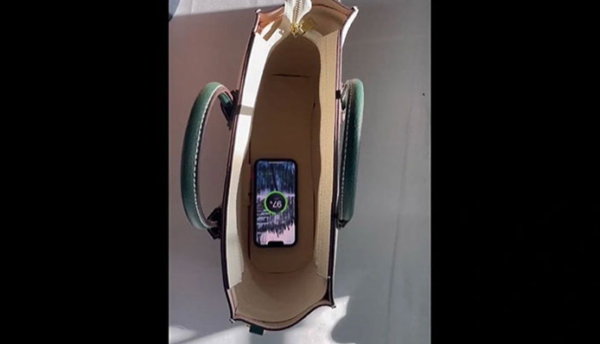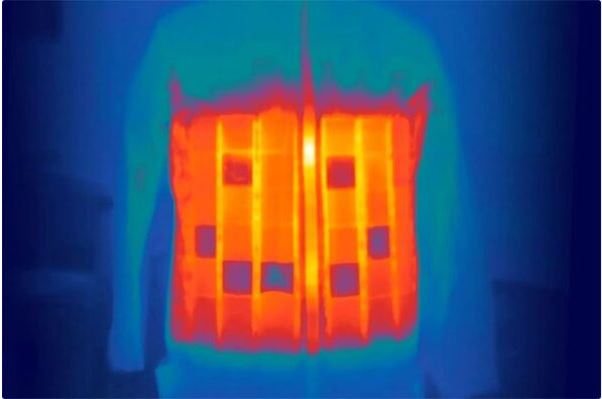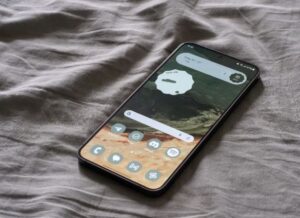Chinese scientists have just introduced a type of bag and fabric that can charge phones extremely conveniently.
The “secret” lies in the fact that the bag and piece of fabric are fitted with a high-performance fiber optic battery.
According to China Daily, with the popularity of smartphones and other smart devices, wearable batteries are becoming increasingly necessary and are a hot research area in the world.
To create this type of battery, researchers thought of replacing the conventional liquid electrolyte with a polymer gel electrolyte, to ensure its safety and help enhance its flexibility.
However, the polymer gel electrolyte and the electrode have poor contact due to not being wet enough, causing the electrochemical performance to decrease, especially when the battery is deformed.
This problem has troubled Professor Peng Huisheng’s research team at Fudan University, China for many years, until one day Peng was inspired when he saw ivy vines wrapped tightly around another tree. .
He discovered that vines secrete a liquid with good wetting ability, this liquid can penetrate into the pore structure on the contact surface between two plants, then the monomers in the liquid will “glue” the vines. into the other tree, wrapping them together.
Therefore, the team designed the channel structure in the electrodes to incorporate a polymer gel electrolyte, forming stable and tight interfaces for the wearable battery.
With this solution, the team has built kilometers of fiber lithium-ion batteries with an energy density of 128 watts/hour, which can power high-power devices such as drones.
The fiber batteries are then made into fabrics and bags that can charge mobile phones and other wearable devices such as smart watches…
At a recent press conference, the research team displayed a piece of cloth and a bag that looked normal, but when the cell phone was put in, the phone screen said it was charging.
Scientists introduce bags and fabrics that can charge phones extremely conveniently
Applications in natural disaster relief, aerospace…
Professor Peng Huisheng said they have established a pilot production line with a production capacity of 300 watts per hour, equivalent to a battery capable of charging 20 mobile phones at the same time.
This technology could also effectively power heating suits in winter.
It also promises applications in firefighting, disaster relief, polar exploration and aerospace.
The study was published this week in the journal Nature.












